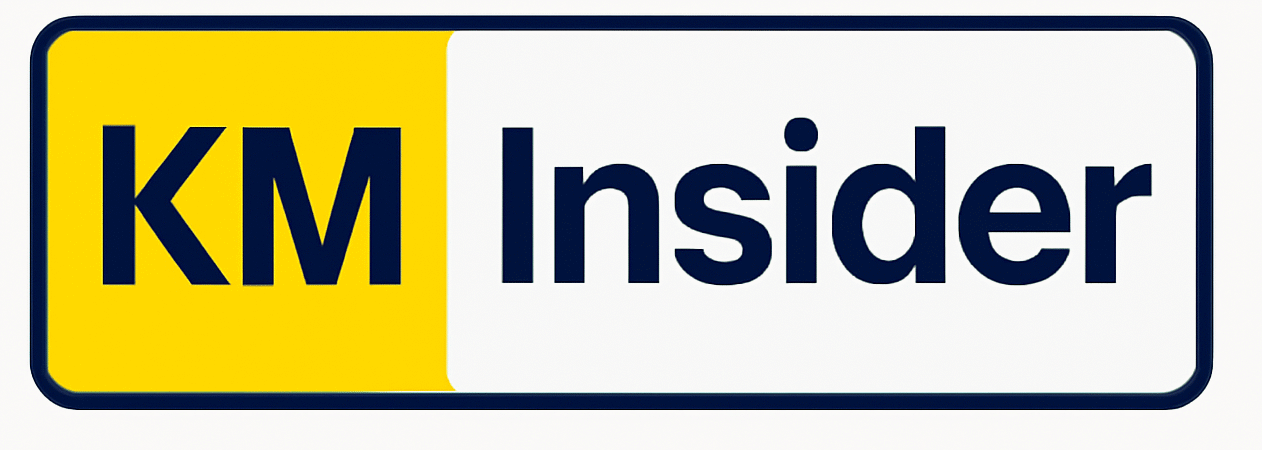Top 5 Knowledge Management Use Cases That Deliver Results
Knowledge Management Use Cases: In the modern business world, knowledge is more than just information. It is a strategic asset. Organizations that effectively manage their knowledge gain a significant advantage in productivity, decision-making, innovation, and customer satisfaction. Knowledge management refers to the process of capturing, organizing, sharing, and applying knowledge across an organization. When implemented … Read more
